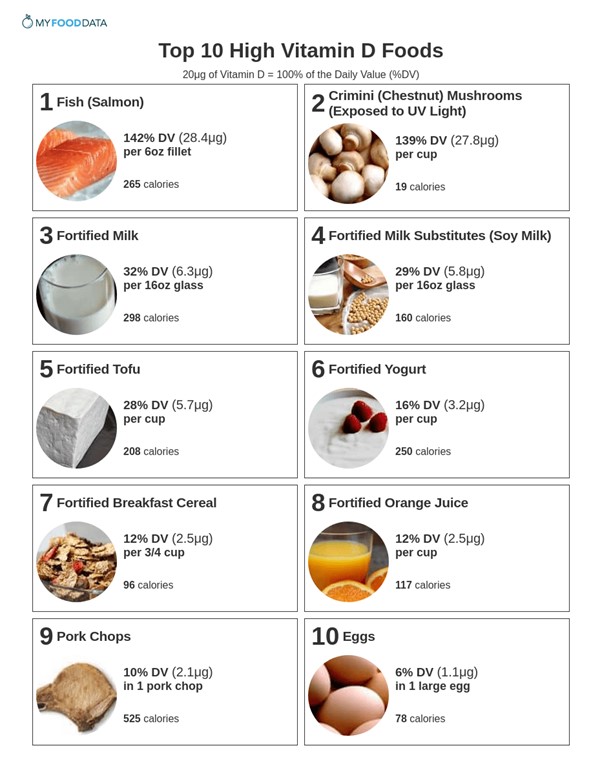The nurse is caring for an older client with that is exhibiting signs of confusion. Which intervention should the nurse implement?
Offer water to the client hourly.
Reduce dairy product intake.
Increase daily sodium intake.
Review the intake and output record.
The Correct Answer is D
Choice A
Offering water to the client hourly is not appropriate. While staying hydrated is important for overall health, offering water hourly might not be necessary unless there is a specific indication of dehydration. However, monitoring the client's fluid intake and output is a good approach.
Choice B
Reducing dairy product intake is not appropriate. Dairy product intake is not typically associated with sudden onset confusion. Reducing dairy product intake would not be the primary intervention for addressing confusion.
Choice C
Increasing daily sodium intake is not appropriate. Increasing sodium intake is unlikely to be the appropriate intervention for confusion unless there is a specific medical reason for it. Moreover, excessive sodium intake can have negative health consequences.
Choice D
Reviewing the intake and output record is appropriate. Confusion in an older client can be caused by various factors, including medical conditions, medication side effects, dehydration, and electrolyte imbalances. Reviewing the intake and output record (option D) is a reasonable intervention to gather more information about the client's fluid balance and hydration status. This can help the nurse assess whether the confusion might be related to dehydration or electrolyte imbalances.
Nursing Test Bank
Naxlex Comprehensive Predictor Exams
Related Questions
Correct Answer is B
Explanation
Choice A
Advising the client that too much fruit can irritate the colon is not the right choice. While it's true that excessive consumption of certain fruits can cause gastrointestinal discomfort, this information is not directly related to celiac disease or the selected meal.
Choice B
Informing the client that oatmeal contains gluten is the right choice. Celiac disease is an autoimmune disorder in which consuming gluten, a protein found in wheat, rye, and barley, triggers an immune response that damages the small intestine. Oatmeal itself is naturally gluten-free, but it is often processed in facilities that also process gluten-containing grains, which can lead to cross-contamination. Therefore, it's important for individuals with celiac disease to choose certified gluten-free oats to avoid adverse reactions.
Choice C
Commending the client for selecting fat-free milk is not the best choice. While choosing a healthier milk option is beneficial for overall health, it is not the most important action in this situation, considering the client's celiac disease.
Choice D reason;
Encouraging the client to choose decaffeinated coffee is not the right choice. The choice of caffeinated or decaffeinated coffee is a matter of preference and is not directly related to celiac disease or the potential for gluten exposure from the oatmeal.
Correct Answer is D
Explanation
Choice A
Bananas are incorrect. While bananas contain some nutrients, they are not significant sources of vitamin D, calcium, or phosphate, which are key nutrients for preventing rickets.
Choice B
Apple juice is incorrect. Apple juice is not a significant source of vitamin D, calcium, or phosphate. It may contain some vitamins and minerals, but it is not a primary food source for preventing rickets.
Choice C
Oranges are incorrect. Like bananas and apple juice, oranges are not significant sources of vitamin D, calcium, or phosphate. While they contain vitamin C, which is important for overall health, they are not the best dietary source for preventing rickets.
Choice D
Fortified milk is correct. Rickets is a condition primarily caused by a deficiency of vitamin D, calcium, or phosphate. Vitamin D is crucial for the proper absorption of calcium and phosphorus in the body, which are essential for bone health and development. Fortified milk is an excellent dietary source for preventing rickets because it is often enriched with vitamin D and calcium, both of which are important for bone mineralization and growth.

Whether you are a student looking to ace your exams or a practicing nurse seeking to enhance your expertise , our nursing education contents will empower you with the confidence and competence to make a difference in the lives of patients and become a respected leader in the healthcare field.
Visit Naxlex, invest in your future and unlock endless possibilities with our unparalleled nursing education contents today
Report Wrong Answer on the Current Question
Do you disagree with the answer? If yes, what is your expected answer? Explain.
Kindly be descriptive with the issue you are facing.
